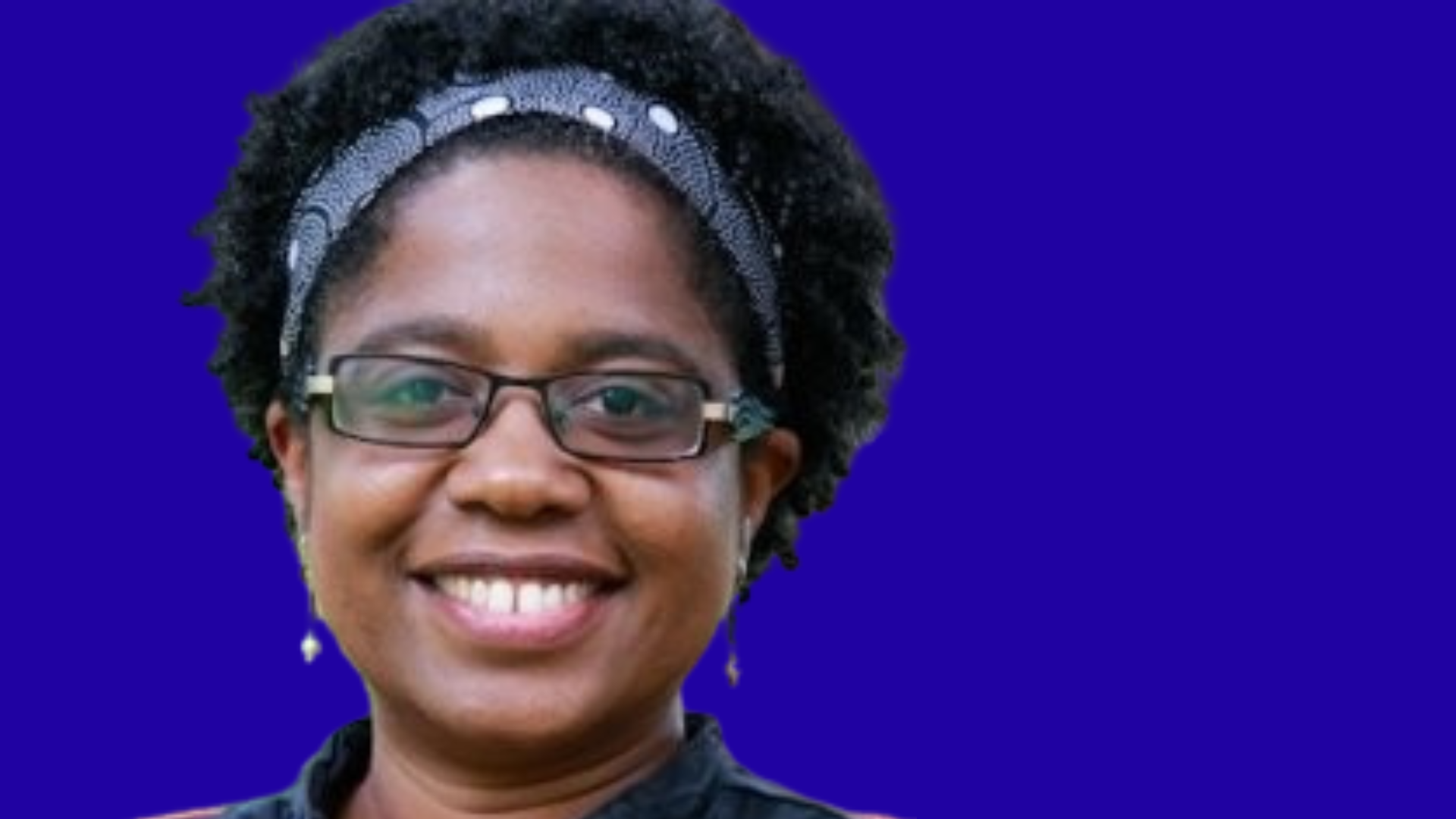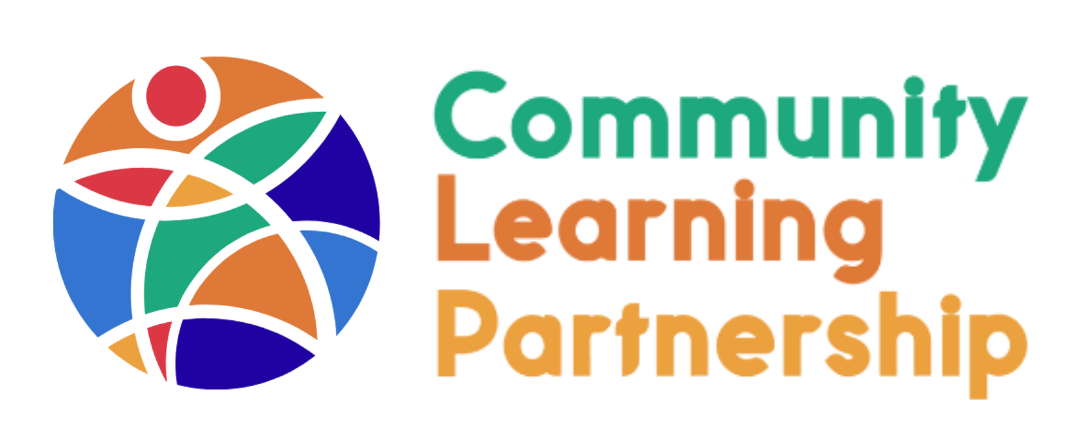
28 Nov Meet Lena Jones CLP Minneapolis College
We are honored to feature Lena Jones as one of our esteemed faculty members at CLP Minneapolis College. Lena Jones brings an outstanding amount of knowledge and expertise to our national CLP Minneapolis Program as our Program Coordinator and Professor of Political Science.
We are delighted to have our colleague, Lena Jones, interviewed and featured in our December 2023 eNewsletter:
Can you share your social justice origin story?
I am the descendant of people who were kidnapped and brought to the United States, through the transatlantic slave trade. I am the grandchild of internally displaced folks, you know folks who lived in the South of the United States, and moved to New York to escape violence in turn, and to seek economic opportunity.
In a way, it’s kind of your classic migration story, except it’s within the United States. I think sometimes my mind is kind of blown by the fact that my generation is also the first generation born as full citizens. You know this group of folks, like me, who were born after the civil rights legislation in the mid 60’s.
I grew up in New York City, in Queens and and I grew up in a potentially black neighborhood, which is an important thing for me to point out. It was really powerful for me to grow up in a place where I felt like people like me were an important part of the fabric of a place. I feel like that was a gift. The other gift of growing up in Queens, New York is just that experience of seeing so many ways of being Black. You know we have. There’s lots of folks like me, who have been, you know, in the United States for multiple generations.
I was part of the Girl Scouts as part of a pilot program for what eventually became the Pixies. I was in the Girl Scouts from 4 years old to 17, and I think it was where I got my talent for organizing, and creating spaces for things to happen. One thing that drives what I do, is that I love creating spaces where people find their power and also places where I can find my power with others.
I was also drawn to journalism and writing, so a lot of my activism was through the pen in Junior High and High School. For my undergraduate I attended the University of Arizona, Tucson. When I got there it was a pretty rude awakening, and these incidents activated something in me, so I became involved in student government. I was Director of the Minority Action Council, which was one of the permanent student organizations that were part of the student government at the time. I also became very involved in student mentorship programs and created the African American student news, and was part of the African American Student association and the cultural center, which was only founded a year before I got there.
I also became the first Black female of a bunch of stuff! First Black Female Director of University of Arizona Students Association, and several of the honorary organizations on campus. During this time, I became very involved in the efforts to establish a Martin Luther King Holiday in Arizona, which was probably my first form of organizing experience that spanned outside of the organization, and it was incredible to be connected with this campaign.
What was your role in CLP’s Grassroots Civics Institute?
My role was the coordinator of the American Government Politics Track. That was a track that aims to develop a standard government politics course that is relevant and more engaging for the students who are often left out of the historical narratives. I did that in a few ways, by familiarizing the real debates and compromises that existed through the origins of our U.S. Political Systems.
I’m responsible for Track 1: U.S. Government for All, which aims to engage students more deeply in the subject matter. We are focusing on issues that students care deeply about as a way to explore our political system, our political processes. Also teaching it with the aim for the hope that students correctly find the information and the tools that we introduce to be useful to them.
How has the GCI impacted your relationship with organizing and frameways into community change landscapes?
It has been an amazing experience, both working more deeply with my CLP colleagues and with the institute getting to connect with people who are outside of the CLP Network. I have had some incredible conversations and incredible ideas generated. Having this space where some amazing connections and creativity emerged and hopefully continue to emerge.
What are some of the most pressing issues that need to be addressed in your local community and in society?
I am a community organizer practitioner and also coordinate the development degree program that is connected to CLP. I was also part of a group of faculty before the systems in community development program that incorporated community organizing principles into the courses and teaching. I also do a lot of work around exploring the relationship community colleges have with the communities they are a part of.
A lot of the organizing I have done is working with my students on housing and working with students to actually get services for students that are struggling with basic needs on our campus.
Being part of a group of folks who espouse the value of experiential education and seek to find ways to have that be an even more powerful and common presence in higher education.
Could you share a bit about your background as a faculty member, community organizer, or practitioner?
I work with a wide variety of ages and backgrounds. My classes tend to range from high school students who are part of our secondary educational opportunities to those who are in their 60’s and 70’s. If you look at pretty much any movement it is the young folks who have historically been at the heart of it.
As I mentioned, I teach a class where I connected with folks who are deeply involved in the civil rights movement and I am always astonished by what they were doing there. These folks were 18, 19 and early 20’s doing world changing work. I love to share this with my students, particularly the young ones.
I see my students, and they are my neighbors. It’s not theoretical, I see my students around the neighborhood, and as someone who has been teaching since 2002 that’s a really important thing for me to realize. Classes run better when you see your students as people who come in with experiences, valuable perspectives and expertise. Everyone brings something.
I think that the beautiful thing about teaching at a community college is that it’s this space for intergenerational collaboration. I feel like there are fewer spaces for that type of collaboration in a lot of other institutions. So, I have a lot of faith in the promise of community colleges being a space where people get activated and where people connect.
